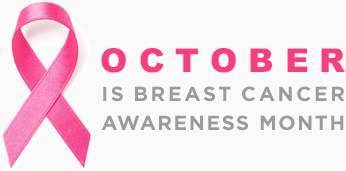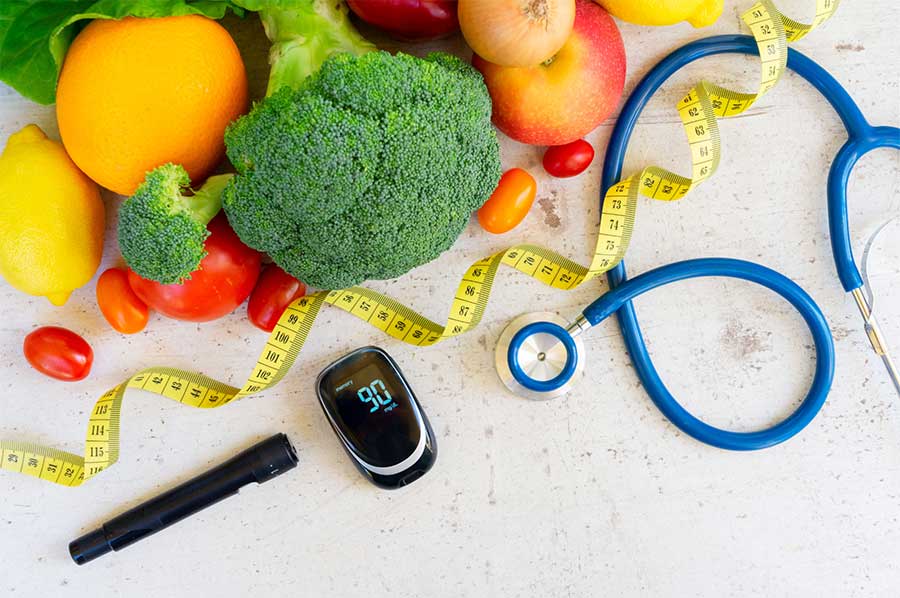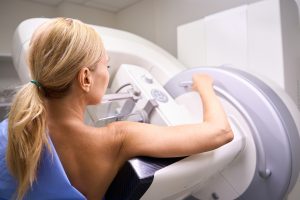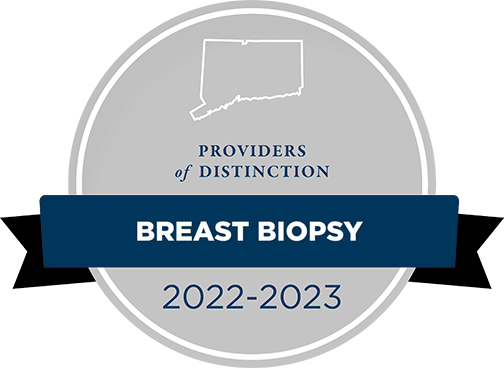Two of the most prominent factors linked to breast cancer in women are insulin resistance and excess adipose tissue, also known as body fat.
What is Insulin Resistance?
Insulin is a hormone created in the pancreas that regulates blood sugar (glucose) levels in your body. It controls the amount of energy you put in and take out of your fat stores. When a person has insulin resistance, their cells stop responding to insulin the way they should, and the pancreas begins to overproduce insulin because it “thinks” you don’t have enough in your body. Over time, increased insulin levels cause rising glucose levels and persistent high blood sugar. High insulin levels are also a precursor to Type 2 Diabetes.
Do I Have Insulin Resistance?
Doctors don’t commonly test for insulin resistance, and you cannot generally feel it. However, people who are overweight or obese, or who have high blood pressure or high blood sugar, are at a higher risk for developing insulin resistance.
If your doctor suspects that you have insulin resistance, or are at risk for developing diabetes, they may test for it and instruct you to exercise, eat healthy, get enough sleep, and/or lose weight.
Is Insulin Resistance Linked to Breast Cancer?
The short answer is yes. Studies show there is a link, but not everyone who is insulin resistant will develop breast cancer. High blood sugar and insulin resistance may put people at higher risk of developing certain types of cancer, and breast cancer is one of them.
Obesity and Cancer
Many studies have shown that overweight and obese women, especially those that are postmenopausal, have an increased risk of breast cancer. Postmenopausal women who are obese have a 20-40% increased risk of developing breast cancer as compared to women who are of average weight. Obesity is also a risk factor for breast cancer in men.
Body Fat and Breast Cancer
One 2018 study found that women with more visceral fat (fat around their internal organs) were more likely to develop breast cancer. This was even true for women who were of average weight but had a high waist to hip ratio.
Insulin Resistance, Body Fat, and Breast Cancer
People with co-occurring insulin resistance, high blood pressure, high abdominal fat, and high cholesterol have what is called metabolic syndrome. Metabolic syndrome is correlated with a higher risk of breast cancer and a worse prognosis if breast cancer is diagnosed. People with this profile should be diligent about having regular mammograms.
What You Can Do
If you are overweight, obese, or suspect that you may have insulin resistance, there are steps you can take today to work towards living a healthier life and reducing your chances of developing breast cancer. These include:
- Improving your diet. Try to eat a healthy diet with lots of variation, fresh foods, and fiber. Avoid sugars, some carbohydrates and processed foods.
- Physical activity is commonly recommended to reduce someone’s risk of diabetes. Start out by doing at least 30 minutes of moderate physical activity (fast walking, jogging, dancing, biking, swimming, etc.) at least three to five times a week. The earlier you get moving, the better.
- Lose weight. This can help you avoid high blood sugar, reduce stress, and help you get more sleep.
- Sleep at least seven to nine hours every night to allow your body to recover and reduce stress.
If you suspect you may have insulin resistance or see some “extra adipose tissue” around your waist, speak to your physician about how this may affect your risk for breast cancer, and get on a regular schedule for your mammogram.
